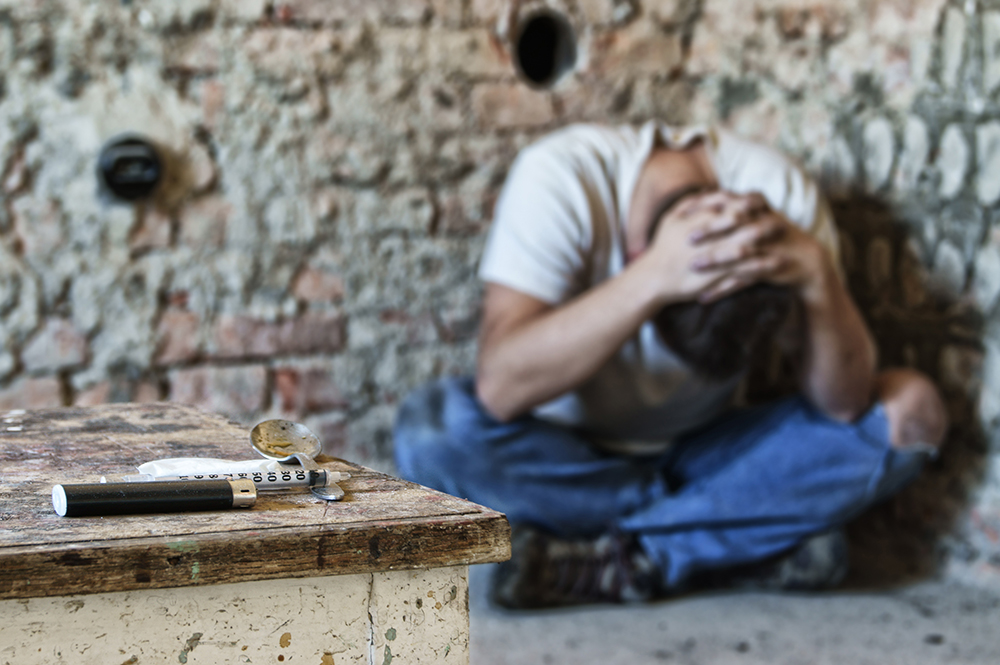Codependency and Addiction

Codependency is a learned set of emotional and relational behaviors that manifests in a relationship where one person is in control and the other person enables. While couples are the archetype of codependency, whole families can also be codependent. Codependency often centers around addiction, where the addicted person becomes the focus of the family or relationship, and the others scramble to enable, assist, or help the addicted person hide their addiction. Though codependent people act in love, their good intentions will only worsen the addiction of a loved one by preventing them from getting help in an addiction recovery facility.
In a codependent family, communication is usually dysfunctional. Instead of voicing their thoughts and feelings in a respectful way, codependent people bury their feelings, avoid conflict at all costs, and pretend that problems don’t exist. Over time, a codependent person will begin to place the needs of their controller above their own. The addicted person will only become more dependent on their caretaker, and won’t get help in drug rehab.
Overall, people who are codependent suffer from low self-esteem and intense self-scrutiny. Because they don’t feel good about themselves, they seek out ways to make themselves feel worthy. Dedicating themselves to a high-stress, high-cost relationship, where they can prove their value by sacrificing everything, gives codependent people a sense of worth. Sometimes a codependent person becomes addicted themselves to deal with their inner pain. Though not all codependent people develop substance use disorders, they are all addicted to the feeling of being needed. They dive into relationships intending to save or rescue people through their own self-sacrifice, despite the high costs, and take responsibility for others, by doing more chores around the house, lying to the addicted person’s employer, driving them to their dealer, or giving them money.
Many codependent tendencies have their roots in childhood. If a child grew up with an addicted parent, for example, then they had to take on outsize responsibilities from a young age. They became used to covering up and caring for an addicted person, and learned early on to subsume their own needs and desires in deference to others. Other codependent people learned codependent behaviors from a role model, such as a father who cared for an addicted mother, and grew up believing that codependent behaviors are normal.
Recovery is possible for people with codependency, whether they are addicted to drugs or not. Addiction treatment centers often have support for family members or partners of addicted people, and codependent people can find community and help through these programs. They can also attend Codependents Anonymous groups in their local community. These recovery programs will help codependent people to recognize their problematic behavior, learn how to change, and embrace themselves wholeheartedly without the approval of anyone else.
If you or someone you love is trapped in the cycle of addiction, please email or call our caring representatives, and Right Path Drug Rehab will help you find a luxury drug rehab program that’s right for your needs.
 Pathways Drug Rehabilitation Luxury Addiction Treatment & Detox Center
Pathways Drug Rehabilitation Luxury Addiction Treatment & Detox Center

